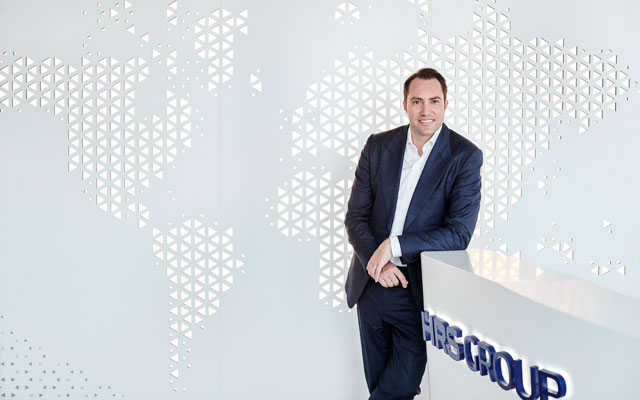An increasing amount of robotics and artificial intelligence (AI) is being pumped into HRS’ solutions for the hotel value chain, as the company responds to increasing demand for these technologies in the marketplace.
Tobias Ragge, CEO of HRS, told TTGmice: “We’re using a lot of AI in terms of the procurement of hotels, sourcing appropriate alternatives for programmes, and the display logic of booking tools for a corporate traveller based on personal and corporate preferences.

“We’re even able now to filter out fraudulent rates, so any time a hotel sends back wrong negotiated rates, we can filter these out of the shopping channels used by travellers.”
Kimi Jiang, vice president Asia Pacific, HRS, added that the solutions are “localised and fine-tuned” for every market in Asia-Pacific in order “to provide for the differing needs of local demand”.
Different target markets in this region include Singapore, Malaysia, Thailand, China, Japan and South Korea, and these countries are offered solutions with “an Asian flavour” from the R&D facility in Shanghai, explained Jiang.
Data is also currently helping HRS formulate even better solutions for the corporate travel management space, shared Ragge.
He said: “We’re trying to figure out, with all this data, why the (business) traveller sometimes is not choosing what is proposed by the company. We’re trying to create a better solution, and this is where data comes into play.”
Although reception to new technologies has been welcoming, certain countries are still slow to adopt certain payment formats such as virtual credit cards, said Jiang.
To ensure companies in these areas don’t lose out on data collection, HRS has stepped in to help build up specialised solutions. For example, in China where payment through WeChat and Alipay is the norm, HRS has developed “localised payment solutions” to help hospitality players cater to both global and domestic travellers, and gain insight from traveller data.
Ragge observed: “In general, as long as technology serves a purpose and makes things better, everybody enjoys it. The corporate (planner) doesn’t need to understand the complexities of AI behind the solution, but he can be amazed by the results of the data crunching. The beauty of the sourcing exercise is we identify corporate needs and try to find the right properties with AI.”
For example, a hotel booking tool may be able to shorten a half-day’s search for suitable accommodation to “a minute”, explained Ragge.





















